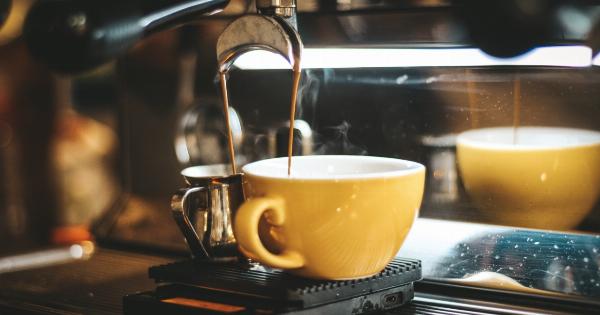When you think of caffeine, you probably think of coffee, tea, and energy drinks. However, caffeine can be found in many surprising sources. Even if you’re not a coffee drinker, you might be consuming more caffeine than you realize.
Here are some unexpected sources of caffeine in your diet.
Chocolate
Chocolate is a delicious treat that many of us enjoy, but did you know that it contains caffeine? Dark chocolate has the highest amount of caffeine, but even milk chocolate has a little bit of caffeine.
If you’re sensitive to caffeine, you might want to avoid eating chocolate before bed.
Ice Cream
Ice cream is a favorite treat for many people, but it might be keeping you up at night. Some flavors of ice cream contain caffeine, like coffee or chocolate chip.
Pay attention to the labels on your ice cream and choose a caffeine-free flavor if you’re looking for a bedtime snack.
Soda
Soda is a popular drink that many people consume on a daily basis. Most soda contains caffeine, even if it’s not labeled as a main ingredient.
Cola drinks like Coca-Cola and Pepsi contain around 35-38 mg of caffeine per 12 oz can, while Mountain Dew contains around 54 mg of caffeine per 12 oz can. If you’re trying to cut back on caffeine, soda is a good place to start.
Energy Bars
Energy bars are a convenient snack that many people use to fuel their workouts or get through a busy day. However, many energy bars contain caffeine to give you an extra boost.
Check the labels on your energy bars, and opt for a caffeine-free option if you’re getting your energy from other sources.
Medications
Some medications contain caffeine as an active ingredient. For example, some pain relievers and weight loss supplements contain caffeine to help you power through your day.
Make sure to read the labels on your medications and talk to your doctor if you’re sensitive to caffeine.
Tea
While tea is a common source of caffeine, some teas have higher caffeine levels than others. Black tea has the highest amount of caffeine, while green tea has a moderate amount.
Herbal teas like chamomile and peppermint are caffeine-free, so they’re a good option if you’re sensitive to caffeine.
Hot Cocoa
Hot cocoa is a cozy drink that many people enjoy during the winter months. However, some hot cocoa mixes contain caffeine to give you an extra energy boost.
If you’re looking for a caffeine-free drink, choose a hot cocoa mix that’s labeled as such.
Protein Powder
Protein powder is a popular supplement for gym-goers and athletes. Some protein powders contain caffeine to help you power through your workouts. If you’re sensitive to caffeine, look for a protein powder that’s caffeine-free.
Yerba Mate
Yerba mate is a South American tea that’s becoming more popular in other parts of the world. It has a high caffeine content, with around 30-50 mg per 8 oz serving.
If you’re new to yerba mate, start with a small amount and see how it affects you.
Conclusion
Caffeine is a common ingredient in many foods and drinks, and it’s important to be aware of how much you’re consuming.
While caffeine can be beneficial in moderation, too much can lead to negative side effects like insomnia, anxiety, and jitteriness. Pay attention to labels and stick to caffeine-free options when possible.































